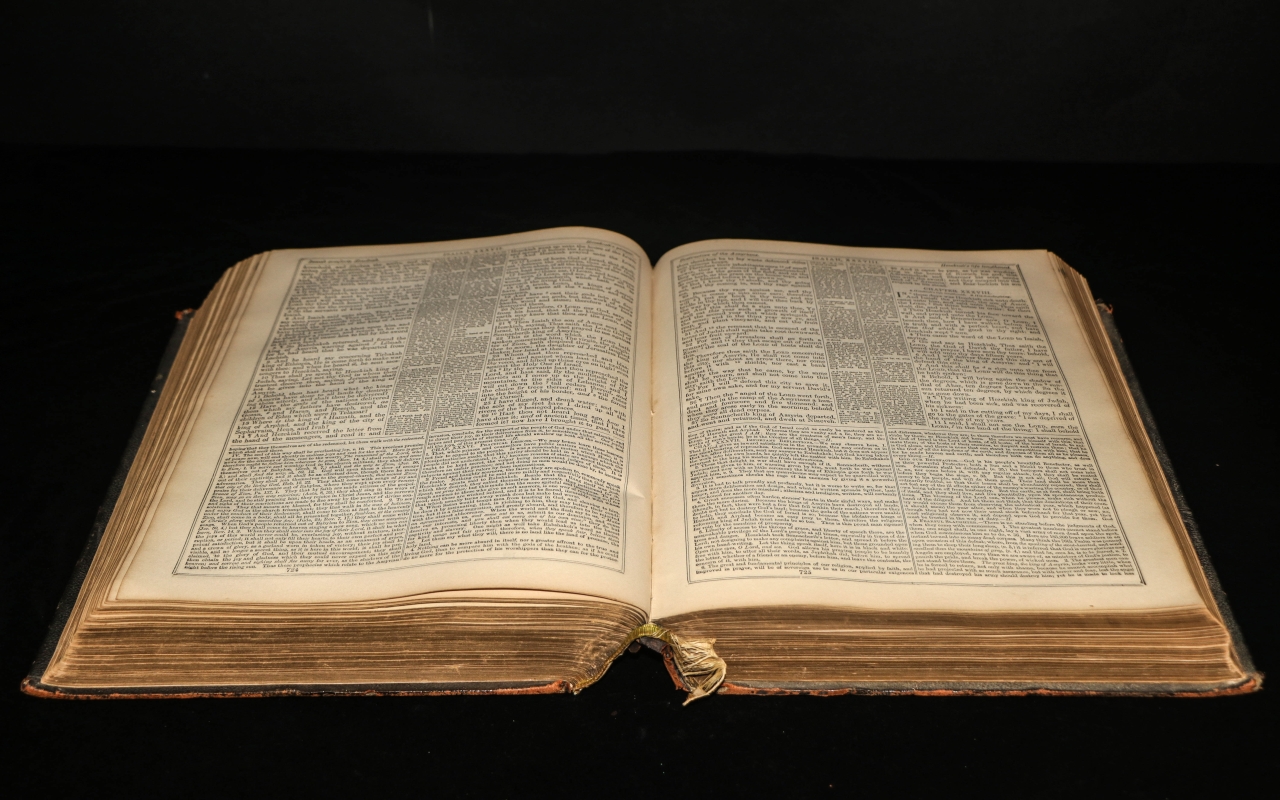Why Do Old Books Smell Good?

The scent of old books is the result of the degradation of chemicals such as cellulose and lignin, the main constituents of paper, by heat or light over time.
Digital books are becoming more and more common with the advancement of technology, but for many people, touching books and inhaling that classic smell as they turn the pages of old books is still an indispensable pleasure. But what is the source of this pleasant smell?
The main component of the paper that makes up book pages is cellulose. It also contains small amounts of other chemicals such as lignin. The smell of old books is caused by the degradation of these chemicals over time by heat, light or oxygen in the air. Lignin is a chemical compound that gives plants strength and woody structure.
The lignin in the paper structure oxidizes and decomposes into acids by interacting with light, heat or oxygen in the air. This chemical change leads to the breakdown of cellulose. The smell of old books is caused by various organic compounds that are formed by the breakdown of cellulose and can easily evaporate. Depending on the type of volatile substances produced, the odor we feel can vary.
For example, benzaldehyde gives off a bitter almond-like odor, while ethyl benzene and toluene give off a sweet smell. The type of paper used and the aging time of the book affect the type of chemicals formed and therefore the characteristics of the odor we smell. The paper used in old books may contain more lignin than the paper used in today's books. Also, depending on the different qualities of paper produced today, the adhesive used, the other chemicals used in the processing of the paper, and the type of ink, the odor may change over time.
Thanks for reading.



































![[LIVE] Engage2Earn: Save our PBS from Trump](https://cdn.bulbapp.io/frontend/images/c23a1a05-c831-4c66-a1d1-96b700ef0450/1)


















